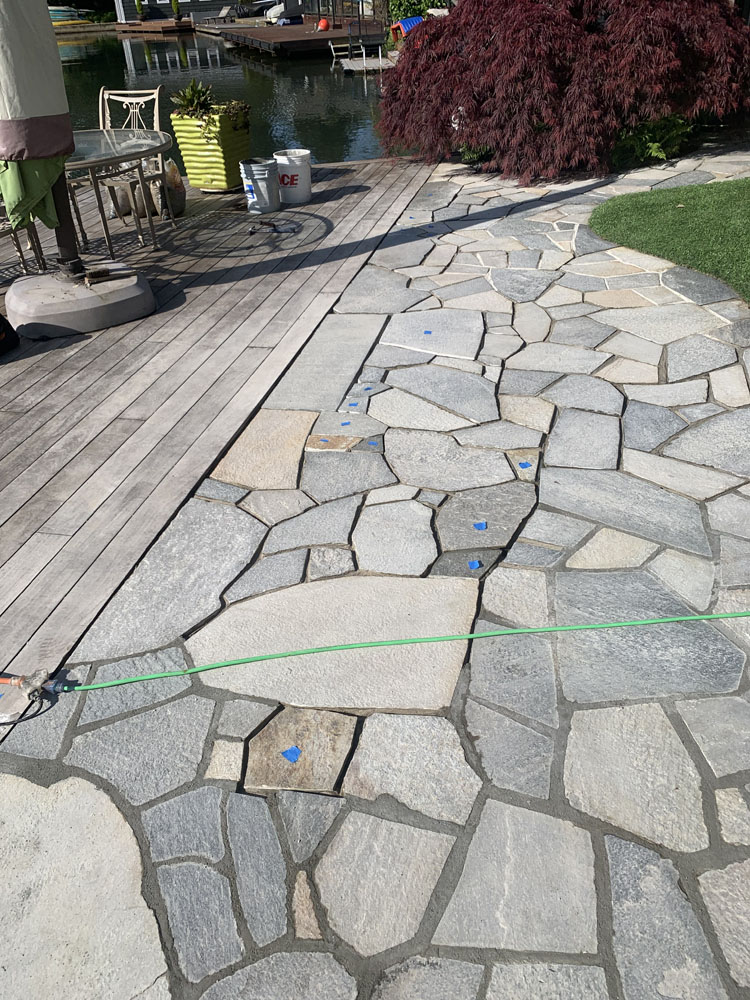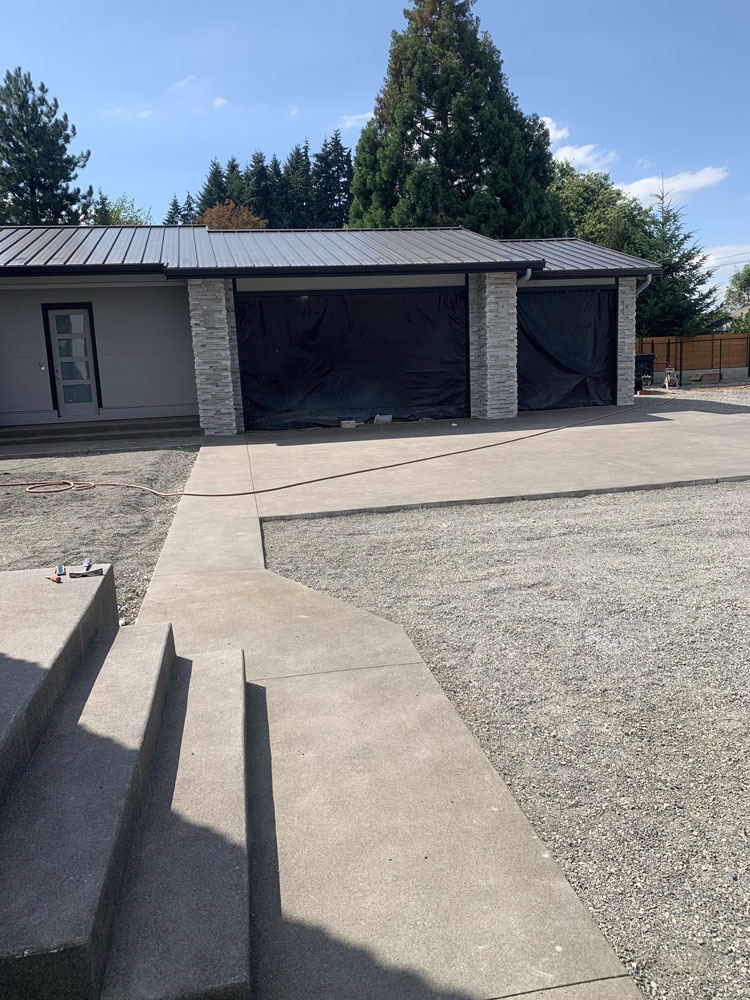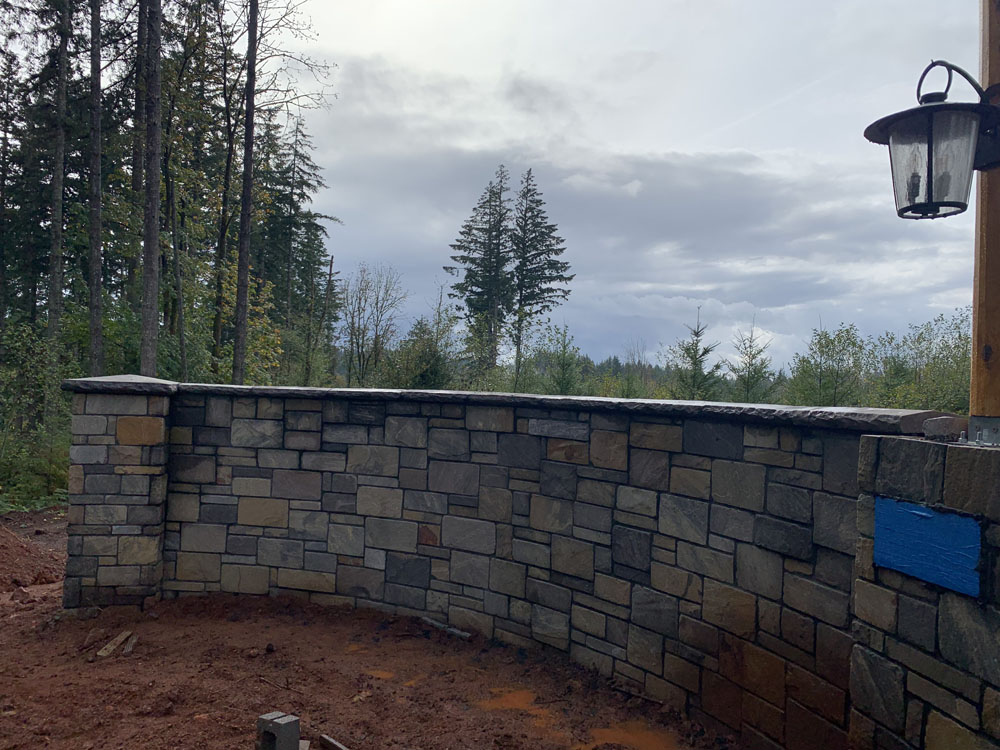Masonry is an age-old craft that stands as a testament to human ingenuity and resilience. When you think of masonry, you might picture ancient stone structures still standing tall, defying the ravages of time. Whether you're embarking on a new project or renovating an existing one, ensuring that your masonry work is built to last is crucial.
In this comprehensive guide, we’ll explore everything from selecting the right materials to hiring the best masonry contractor. We’ll delve deep into techniques, maintenance tips, and much more. Let’s get started on this journey of building lasting masonry.
Understanding Masonry
What is Masonry?
Masonry refers to the construction method that involves assembling individual units—often bricks, stones, or concrete blocks—using mortar. This technique has been employed for centuries in various applications such as buildings, bridges, and walls.
The Importance of Masonry in Construction
Masonry isn't just about aesthetics; it plays a vital role in structural integrity. A well-constructed masonry project can withstand harsh weather conditions while providing both durability and energy efficiency.
Types of Masonry
Brick Masonry Stone Masonry Concrete Block Masonry Reinforced Masonry Glass Block MasonryEach type comes with its own strengths and weaknesses that need consideration based on project requirements.
Choosing Quality Materials for Your Project
Selecting the Right Bricks or Stones
When it comes to bricks or stones, quality matters immensely. Look for materials with high compressive strength to ensure longevity:
- Clay bricks Concrete bricks Natural stones
The Role of Mortar in Masonry
Mortar serves as the glue that holds everything together. Choosing the right type is essential:
- Portland cement mortar Lime mortar Epoxy mortar
Each type has distinct properties affecting durability and bonding capabilities.
Hiring a Professional Masonry Contractor
Why You Should Hire a Professional
You may be tempted to go DIY with your masonry project but consider this: hiring a professional masonry contractor can save you time, money, and https://ramosmasonry.com/masonry-contractor-services/brick-or-stone-patio-installation-and-repair/ https://ramosmasonry.com/masonry-contractor-services/brick-or-stone-veneer-installation/ https://ramosmasonry.com/masonry-contractor-services/masonry-restoration-and-preservation/ https://ramosmasonry.com/about-ramos-masonry-construction-company/ mason near me stress in the long run.
What to Look for in a Contractor?
When scouting for a good contractor, here are key traits to consider:
- Experience Certifications Portfolio of past work Client testimonials
Questions to Ask Your Contractor Before Hiring Them
What does your timeline look like? Can you provide references? What warranties do you offer?Asking these questions ensures you’re making an informed choice.
Planning Your Masonry Project Effectively
Creating a Detailed Blueprint
A detailed blueprint acts as your roadmap throughout the construction process. Be sure to include:
- Dimensions Material specifications Timeline
This helps keep everyone on track!

Budgeting for Your Project
Understanding your budget is crucial before starting any construction project:
| Item | Estimated Cost | |--------------------|----------------| | Materials | $XXXX | | Labor | $XXXX | | Miscellaneous | $XXXX |
Adjust as necessary but ensure you have contingency funds set aside.
Techniques That Enhance Durability
Proper Laying Techniques
A skilled mason knows how to lay bricks or stones properly:
Stagger joints. Use adequate mortar. Maintain level surfaces.These techniques contribute significantly to stability.
Using Reinforcement Wisely
Reinforcement bars (rebar) can enhance the structural integrity of your masonry project:
- Vertical reinforcement helps manage tension. Horizontal reinforcement stabilizes walls against lateral forces.
Maintaining Your Masonry Work Post Construction
Regular Inspections: Why They Matter?
Conducting regular inspections allows homeowners to catch issues early before they escalate into costly repairs.
Signs that Require Immediate Attention:
Cracks in walls Water stains or efflorescence Loose bricks or stonesDon’t ignore these signs; they could indicate bigger problems down the line.

Cleaning Techniques for Longevity
Keeping your masonry clean not only preserves its appearance but also extends its life:
Recommended Cleaning Methods:
Power washing (use carefully!) Chemical cleaners (follow instructions) Manual scrubbing for delicate surfacesHow Climate Affects Your Masonry Project's Longevity
Understanding Weather Impacts on Masonry
Different climates exert various stresses on masonry structures:
Cold Climates:
Freeze-thaw cycles can wreak havoc if moisture penetrates cracks.
Hot Climates:
High temperatures may cause expansion and weakening of materials over time.
Protective Measures Against Weather Damage
Consider applying sealants designed for masonry surfaces to help minimize damage from elements like rain and snow.
Common Mistakes That Compromise Durability
Poor Planning and Execution
Rushing through planning can lead to disastrous results later on! Outline every detail meticulously before starting construction.
Ignoring Local Building Codes
Always adhere to local regulations when constructing your masonry projects; failure to do so may lead not only to fines but also structural issues!
Innovative Technologies in Modern Masonry Construction
Advanced Materials Making Waves
Newer materials such as insulated concrete forms (ICFs) improve insulation while maintaining strength.
| Technology | Benefits | |-----------------------|-------------------------------------| | Insulated Concrete Forms | Enhanced energy efficiency | | Eco-friendly Mortars | Reduced environmental impact |
Sustainability Practices in Masonry Work
Resource Management Strategies
Employing sustainable practices can significantly reduce waste during projects while also improving overall durability!
Key Practices Include:
Using recycled materials. Minimizing water consumption during mixing.Conclusion: The Art of Lasting Structures!
Building lasting masonry projects is not just about slapping some bricks together; it's about thoughtful planning, quality materials, skilled labor, and ongoing maintenance! So whether you're laying down a new patio or building an entire house from scratch, remember these tips—and don’t skimp on hiring an experienced masonry contractor!

FAQs About Ensuring Durable Masonry Projects
What is the most important factor in ensuring my masonry lasts?
Quality materials! Always opt for high-grade products tailored for your specific climate conditions.
How often should I inspect my masonry?
At least once a year—or more frequently if you live in areas with extreme weather conditions!
Can I use regular mortar for exterior projects?
No! Always use specifically formulated exterior-grade mortars designed for durability against elements.
What's better: brick or stone?
It depends on aesthetics and function! Both have unique benefits—brick tends toward uniformity while stone offers natural beauty!
5. Is DIY an option for smaller projects?
If you're handy and understand basic techniques, small repairs might be feasible—but always consult professionals for major constructions!
6. How do I find reputable contractors?
Seek referrals from friends/family, check online reviews/ratings & don’t hesitate asking potential contractors pointed questions!
By understanding these facets thoroughly—from material selection all through maintenance—you've equipped yourself with essential knowledge that ensures every brick laid contributes towards something monumental! Now get out there & build something amazing!